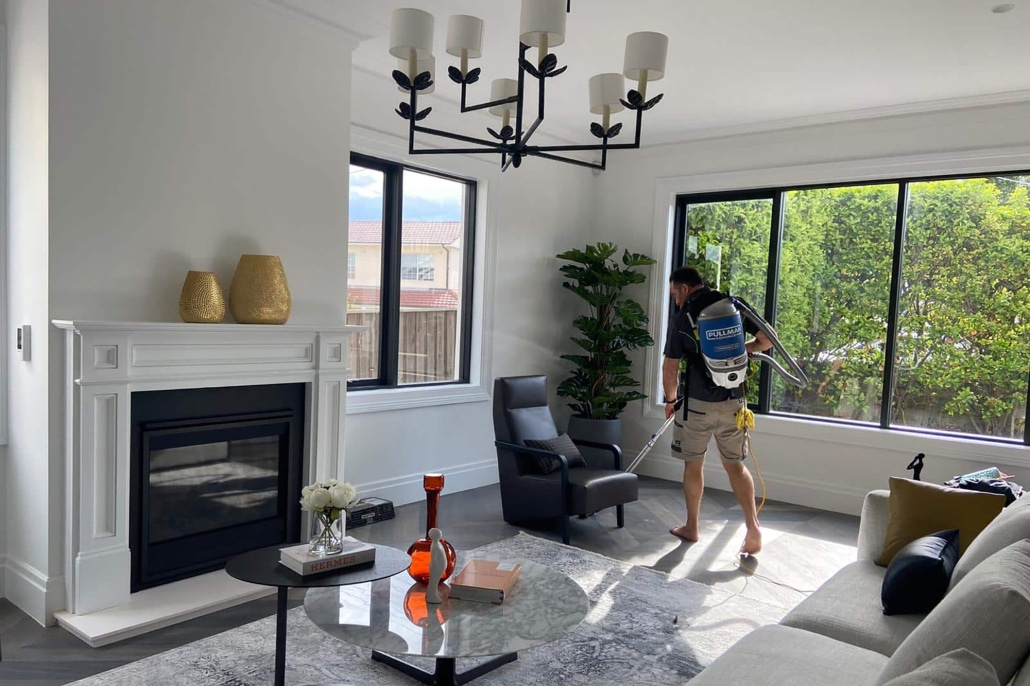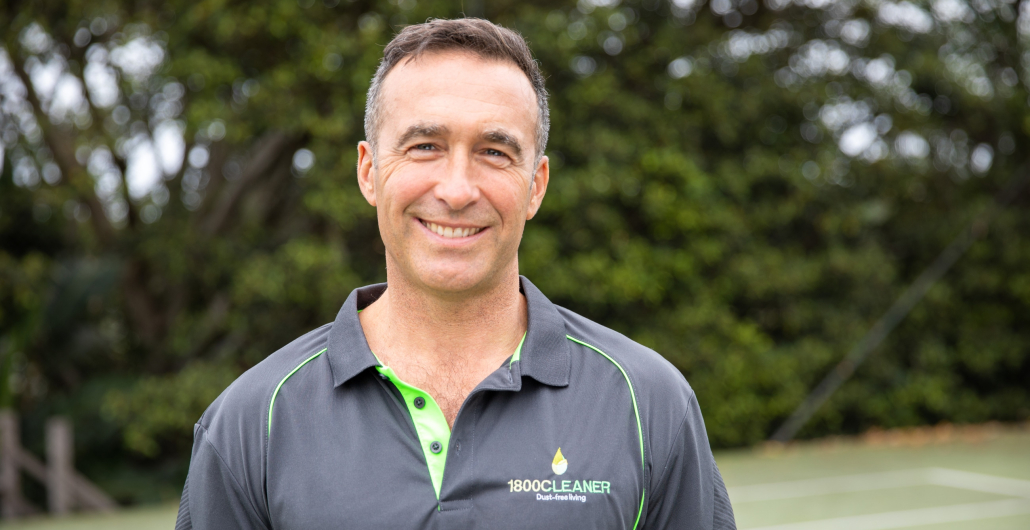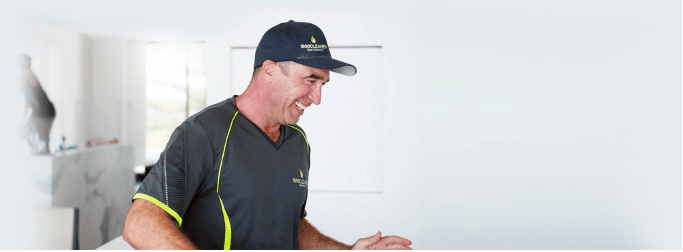How to live dust-free in Sydney
Do you ever think about dust? What about air pollution? Living in a busy and vibrant city like Sydney, we sometimes neglect other aspects of our daily lives that are important to improving our quality of life, like having a healthy, dust-free home. When we think about air pollution, we rarely consider the indoor air pollution in the area where we spend most of our lives – our homes.
At 1800 CLEANER, when we talk about dust-free cleaning challenges, we refer to small habits of order and cleanliness that can transform our quality of life. We primarily focus on your indoor air quality and your dream of living in a dust-free house.
1800 CLEANER understands the problem of how hard it is to remove fine particle dust well. Further, we know how to tackle those spaces in our homes that we may not pay enough attention to when cleaning ourselves. Therefore, these dirty corners become spaces that accumulate dust, clutter, and stagnant energy. After a considerable amount of time without cleaning and tidying these spaces, micro-biotoxins can accumulate and begin to cause damage to our health. This article details the adverse effects on our health if we live in an unhealthy environment.
Top five dust-free cleaning challenges we must overcome to keep our homes impeccable all year round:
High-traffic areas
The busiest spaces in houses, such as entrances, bathrooms, kitchens, bedrooms and living rooms, can collect significant amounts of dust, hair, and other particles that we bring in from the outside and the dust we can generate ourselves.
Our advice is to always try to keep these spaces tidy and clear, carry out regular dusting at least once a week, and vacuum to avoid the accumulation of hair, dust, and other particles that may settle there. Accept that much of the dust will float with traditional cleaning approaches. Therefore, consider closing all windows and doors and letting the dust settle before collecting it with a damp microfibre cloth. Then, after this, commence your cleaning routine.
Furniture
The furniture we have at home can provide challenges to our cleaning efforts. Under and behind furniture creates spaces that are very susceptible to the accumulation of dust. Places we use to store our clothes and shoes or those that we do not use regularly but serve as storage to store things that do not accompany us in everyday life present separate challenges. In a nutshell, the more stuff we have, the more places the dust can hide. So open and easy-to-clean spaces are essential.
Pay close attention to these spaces. Let’s always try to keep them organised in the most minimalist way possible and pay special attention to the high surfaces that are difficult to reach above, below and behind. Remember that the more minimalistic the spaces we live in, the better our ability to clean them regularly. With regular dusting and a microfiber cloth moistened with non-toxic cleaning products, we can reduce the accumulation of dust.

The challenges to living dust-free in Sydney’s Eastern Suburbs by 1800 CLEANER
Mould and mildew in humid areas
Damp areas in the home, such as bathrooms and basements, especially if they do not have proper ventilation, are prone to mould and mildew growth. If we can’t achieve access to ventilation, let’s keep those areas as orderly as possible without excessive clutter accumulation. A dehumidifier can help extract excess air moisture, denuding these biotoxins of their sustenance and inhibiting their growth. Let’s pay special attention to regular cleaning with eco-friendly products.
Clutter accumulation
Keeping our belongings in order and in the right place is essential. The accumulation of objects and belongings on surfaces is not a good idea since, in this way, we tend to accumulate dust on them. These surfaces quickly turn ugly, and we avoid cleaning them well. And so the dream of a dust-free house further eludes us.
They end up generating a breeding ground for germs and micro-nasties that contribute to affecting our health. Let’s pay close attention to unnecessary objects like decorations and picture frames and ensure you can get behind the TVs and tidy router cables, dusting behind and under the furniture. These items make us hesitant to clean thoroughly, and there’s no point in having excessive decorations if they’re dirty and untidy. It defeats the purpose.
As a top dust-free cleaning challenge, let’s always try to have a house that is as minimalist as possible. Let’s reorganise the spaces and keep the things that are not helpful now in boxes. We can then archive them in a cool and safe place outside of the home. If this is impossible, put them in clear plastic stackable clutter boxes. These can then be stacked against a wall for easy moving and cleaning behind and above. In this way, we can have better control and clean more comfortably with the help of a duster, damp microfiber cloths and HEPA-grade vacuum.
Rugs and carpets cleaning
Many homes tend to have carpeted rooms. The use of rugs in rooms is also widespread. Our dust-free cleaning challenge promotes the idea that in bedrooms, try first to avoid having an excess of furniture pieces so they become inaccessible to be cleaned underneath and behind since, in general, these are the areas that accumulate the most hair, dirt, and dust. Let’s vacuum regularly in all corners of the room, under and behind the furniture and beds. We can move rugs, air them outside and vacuum them regularly.
Adopting these small, manageable habits can help with the unique challenges of cleaning at home. 1800 CLEANER is a residential cleaning company that has developed a distinctive and specialised cleaning technique with dedicated and trained cleaners and state-of-the-art cleaning equipment that captures more physical debris and airborne dust, dramatically reducing microscopic contaminant levels in your home and workplace.



